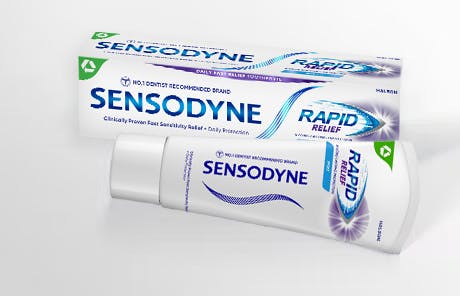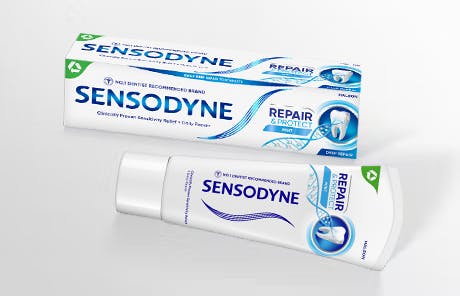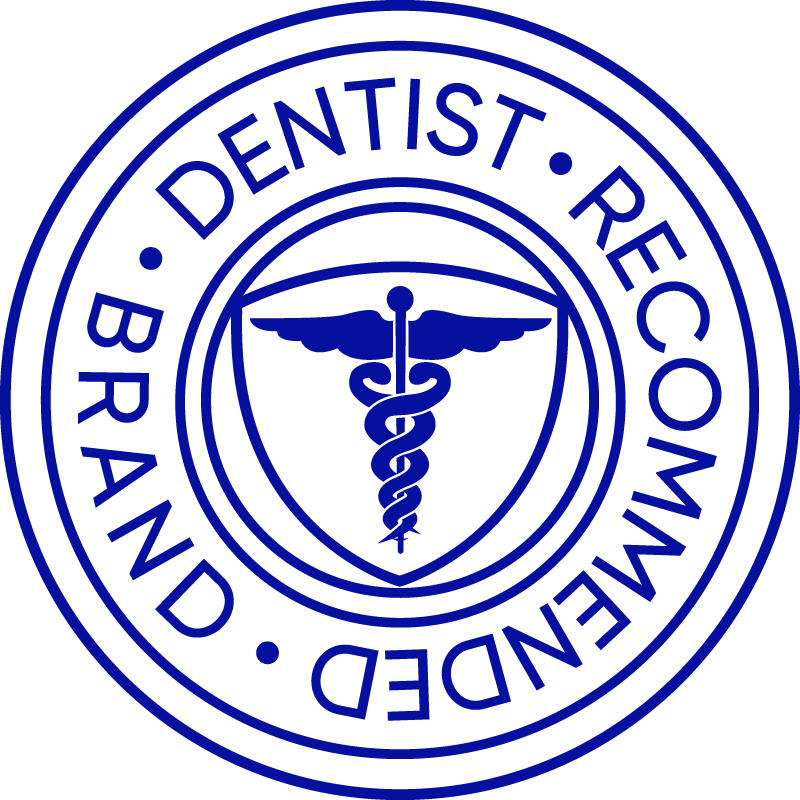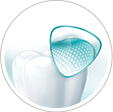All About Dental Caries & Tooth Decay
What are Dental Caries?
Dental caries are small holes in the tooth also known as cavities. They’re caused when bacteria in your mouth make acids that attack the tooth’s surface enamel. If caries are not treated, it can cause pain, infection and even tooth loss.1
People of all ages are at risk of tooth decay. Young children are prone to ‘early childhood caries’, also known as baby bottle tooth decay, which is severe tooth decay in baby teeth. Older adults often experience receding gums, which allows decay-causing bacteria in the mouth to come into contact with the tooth’s root. This can cause decay on the exposed root surfaces of the teeth.1
Dental caries and tooth decay are a major health concern worldwide and currently a big problem in the UK. Despite being preventable, it’s one of the most common reasons for hospital admission for children.4
Symptoms of Dental Caries
Common symptoms of dental caries include:2
- Toothache. Either continuous pain keeping you awake or occasional sharp pain without an obvious cause.
- Tooth Sensitivity. You may feel tenderness or pain when eating or drinking something hot, cold, or sweet.
- Discolouration. Grey, brown, or black spots appearing on your teeth.
- Bad breath. An unpleasant smell in your mouth.
- Bad Taste. An unpleasant taste in your mouth.
How to Treat Dental Caries
There are several methods used to treat dental caries and tooth decay. Dental caries treatment includes:2
- A Filling or Crown. This involves removing the dental decay and filling the hole or covering the tooth.
- A Root Canal. This involves removing tooth decay that’s spread to the centre of the tooth where the blood and nerves (pulp) are.
- Tooth Extraction. This usually happens when the tooth is badly damaged and cannot be restored. A missing tooth can always be replaced with a denture, bridge, or implant.










